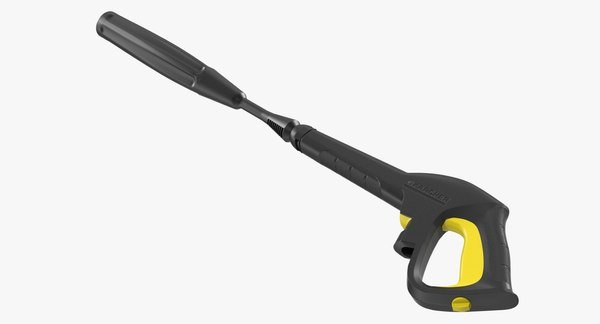Scaffolding is a vital part of construction and maintenance projects across the UK. It provides a safe and stable platform for workers to perform tasks at height. However, scaffolding structures are safe if you give proper attention to their maintenance.
The UK’s Health and Safety Executive (HSE) requires regular inspections to ensure that every scaffold is secure, stable, and capable of supporting the intended load. These inspections are not just about following regulations. They are mandatory for protecting lives and preventing costly accidents. Let’s explore every reason which makes inspections so important.
7 Reasons Regular Scaffolding Inspections are Important in the UK
1. Ensures Worker Safety
The main reason for regular scaffolding inspections is to ensure the safety of everyone working on site. When you hire professional scaffolders in South London or anywhere else in the UK, they are expected to follow strict safety standards. However, even the best-erected scaffolding can develop issues over time, such as loose fittings or weakened joints.
Regular checks help identify these risks before they cause any harm. By maintaining a safe structure, you not only prevent accidents but also build trust among workers. It ensures that everyone feels secure while performing their duties.
2. Helps You Stay Compliant
In the UK, scaffolding inspections are a legal requirement under the Work at Height Regulations 2005. These laws state that scaffolds must be inspected before use, every seven days thereafter, and after any major change or adverse weather event.
If you fail to ensure compliance with this regulation, it can lead to serious legal consequences and hefty fines. Regular inspections demonstrate your commitment to safety and compliance, helping you avoid penalties.
3. Detects Early Signs of Damage
Even the most durable scaffolding materials can weaken over time due to wear, weather, or heavy usage. Regular inspections help you detect early signs of corrosion, cracks, or instability before they turn into major issues.
Spotting and fixing these problems early prevents sudden collapses and ensures your project runs smoothly. It also reduces repair costs because addressing small issues is way more affordable than replacing large sections of damaged scaffolding. This proactive approach saves both time and money.
4. Prevents Delays and Accidents
Accidents or equipment failures can stop the entire project, which leads to unexpected delays and financial losses. Regular scaffolding inspections help you prevent such situations by ensuring that every component remains in good condition. If issues are identified early, they can be fixed quickly without interrupting your schedule.
It not only improves overall productivity but also protects you from legal issues. Therefore, you should always hire a company that prioritises safety, efficiency, and regular inspections.
5. Ensures Stability After Severe Weather
The UK’s weather is unpredictable. You can experience frequent rain, strong winds, and freezing conditions. Such extreme conditions can take a toll on scaffolding structures. High winds can loosen joints. Meanwhile, moisture can cause metal parts to rust or wooden planks to weaken.
After any extreme weather event, inspections are crucial to ensure that the scaffold remains stable and safe to use. Regular inspections help prevent accidents caused by weather damage, giving you confidence that your site meets safety standards in all conditions.
6. Builds a Positive Culture on Site
Regular inspections send a strong message to your workforce that their safety is a top priority. When workers see that scaffolding is consistently checked and maintained, they also pay special attention to safety procedures. It creates a culture of accountability and care across your site.
In the long run, this culture helps reduce the risk of accidents, improves teamwork, and boosts overall morale. When your workers feel safe, they will ultimately become more productive and try to complete your project on time.
7. Reduces Liability and Insurance Costs
When scaffolding is regularly inspected and maintained, the risk of accidents decreases significantly. It can directly affect your insurance premiums. Insurers view proactive safety management as a sign of reliability, often resulting in lower costs.
In case of any unexpected incident, documented inspection reports protect you legally. They show that all reasonable safety measures were taken. It ultimately minimises liability risks and ensures your project remains financially stable, even in challenging circumstances.
Where to Get Reliable Scaffolding and Inspection Services
The best thing you can do is to hire Baloshi Scaffolding LTD. It’s a reliable company with a team of professional scaffolders in Berkshire, London, Surrey, and various other areas across the UK. It offers reliable scaffolding solutions along with regular inspections to ensure your project site remains safe for workers and everyone else. The best part is that you will get services at pretty affordable rates.
Final Words
Regular scaffolding inspections are not just a legal formality but an essential requirement to ensure safety, compliance, and efficiency on every construction site. They protect workers, prevent delays, and mitigate the risk of penalties.





Leave a Reply